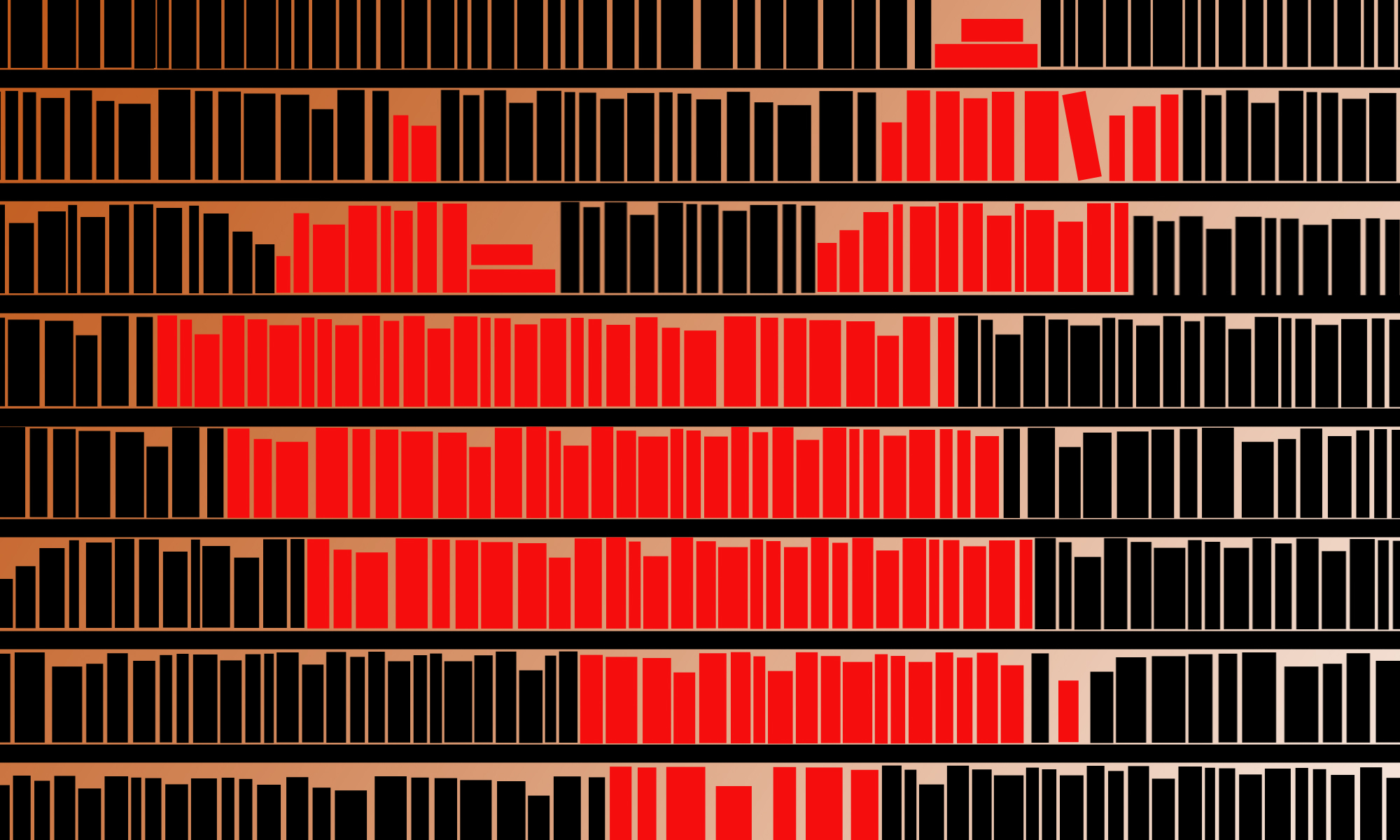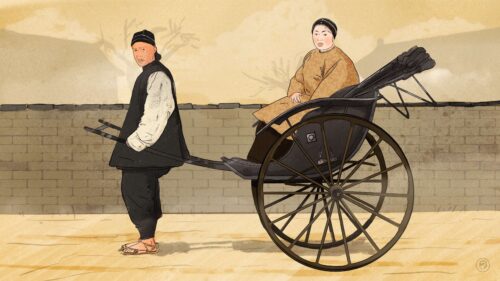Announcing Paul French’s Ultimate China Bookshelf
The China Project is delighted to announce a new regular feature by Paul French: The Ultimate China Bookshelf.

The China Project’s Ultimate China Bookshelf is the guide you need to build a China library you can be proud of. This series will embrace hindsight, seeking out the tortoises rather than the hares. Highlighting the authors who got closer to ‘getting’ China and then interpreting that to readers, the Ultimate China Bookshelf focuses on the books that sought to explain or describe China to a mass audience rather than simply within the academy or the by-definition insular, incestuous world of China obsessives.
The Ultimate China Bookshelf encompasses the 19th century, the Republican period, on through to the 1990s and early 2000s. It includes work by Chinese authors as well as foreigners who have embraced different ideologies and concepts of China from what we normally encounter today. The point is for their work to have communicated something original and important to add to the greater shelf.
We’re avoiding books published more recently mostly because it’s only with some distance that we truly get perspective. Plenty of new China books have stirred up a lot of noise and have been momentarily considered terribly important or defining, their authors venerated in reviews, at literary festivals and on podcasts. But so many have proved over time to be neither that important nor particularly era-defining. More interestingly, other books are slow burners; only coming to be seen as landmark pieces of writing later despite attracting relatively little interest when first published.
Book publishing is an esoteric art. Good books fall through the cracks while often mediocre works soar on a wave of publicity or celebrity endorsement. The Ultimate China Bookshelf aims to right historic wrongs and elevate those books that have survived the long-haul of a changing China, shifting context, and changing taste.
It is similar for those who buy, read and discuss books on China. Around a century ago, the highly regarded J. O. P. Bland, China book author himself, and one time Shanghai correspondent for the London Times, noted “Remembering all the tomes [on China] which burdened our shelves…one wonders, as the stream of books rolls on, what and where are the people who buy them?” The stream became a flood, the flood a veritable tsunami that has never fully receded. But hopefully the crowds browsing bookshops with an interest in China have become more diverse in terms of every metric.
If we sometimes complain that a new China book seems to appear weekly these days, then this is nothing new. In 1937, the China Weekly Review asked the veteran Shanghai-based journalist Earl Leaf to compile a list of ten recently published books that “…will provide a sound knowledge of China.” He wrote:
As I write I have here before me a list of 400 books dealing with China, including such atrocities as “Ways That Are Dark” by Ralph Townsend who suffers from cirrhosis of the literary liver, “The Road to Shanghai”, all about the white slave traffic in Shanghai by M Henry Champli, who doubtless never saw Shanghai, and “China in the Making” by HD Capper, which is guaranteed to put the reader to sleep quicker than counting sheep. Between these extremes are many excellent books well worth reading but which cannot be included because my “required reading list” is limited to only ten inexpensive books.
Rest assured Townsend, Champli and Capper will not appear on our shelf! But many other, often rather forgotten books will. Putting China into historical context and thinking about what some of the best writers have had to say at their given moment in time can hopefully better inform our thinking today. This is the point of The Ultimate China Bookshelf — well, that and looking at some lovely old books…. So credit cards at the ready and here we go…
The first book on the Ultimate China Bookshelf is: Carl Crow’s 400 Million Customers.






